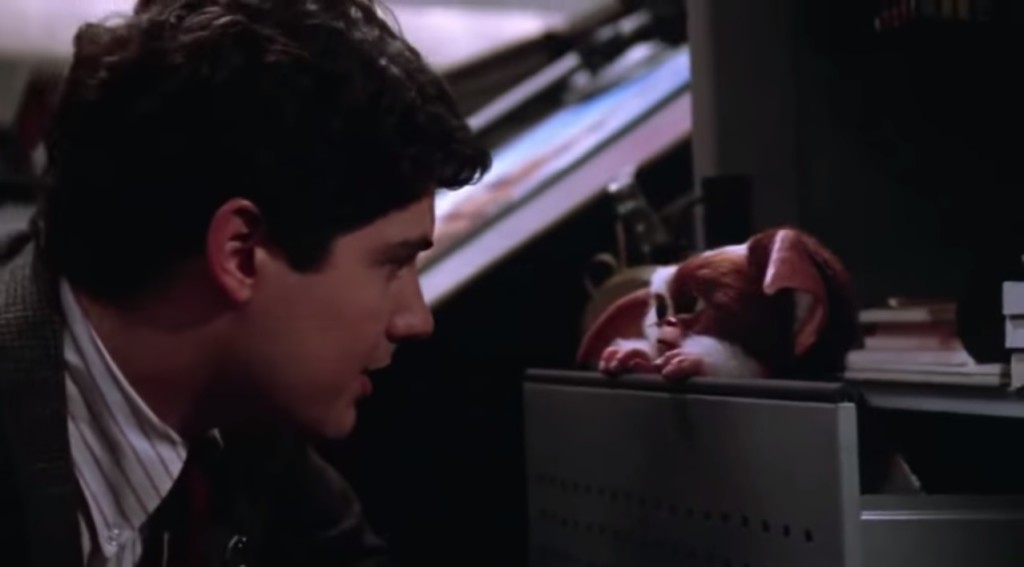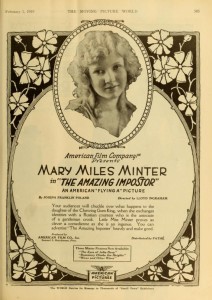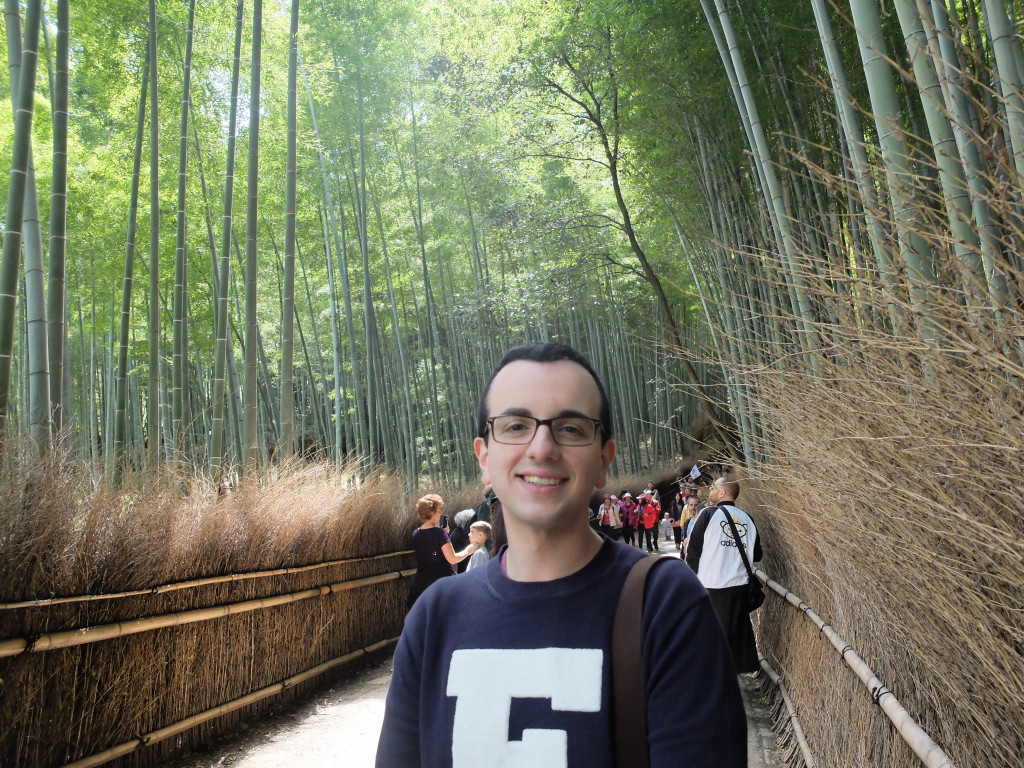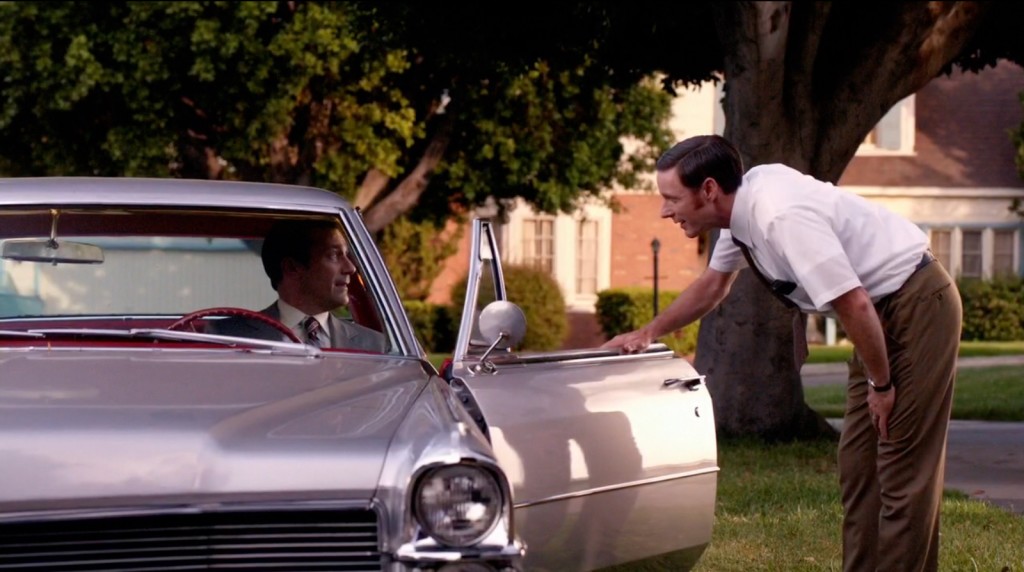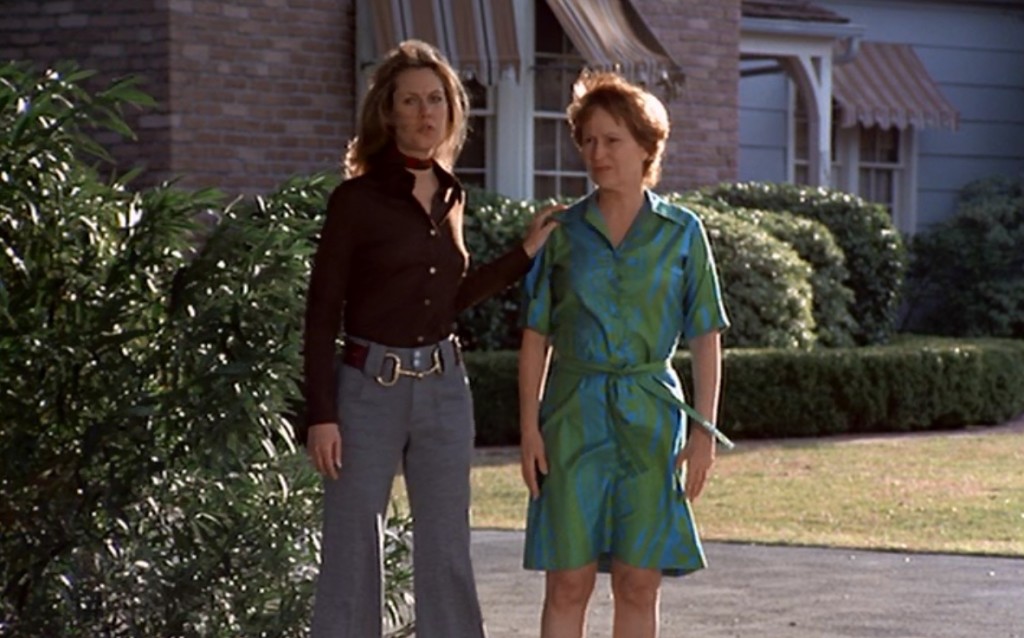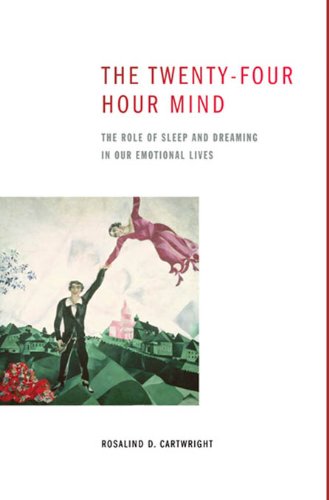 A couple of months ago, the editor of a journal that has published my psychology work multiple times let me know that the journal would cease publication at the end of 2020. This sent me into a passive sadness and fitful sleep for a couple of days, both of which many of us probably experienced at various times this past year.
A couple of months ago, the editor of a journal that has published my psychology work multiple times let me know that the journal would cease publication at the end of 2020. This sent me into a passive sadness and fitful sleep for a couple of days, both of which many of us probably experienced at various times this past year.
Part of my response was practical; I was concerned that my hard work would disappear. The journal publisher assured me that the existing volumes would continue to be available in perpetuity. I guess I kind of knew that, as I have never really seen a periodical completely disappear, especially one from a major publisher. It would continue to exist online, in databases, and elsewhere – there just would not be anything new. So, what made me feel withdrawn and down, not really wanting to talk (or rage) about it but needing to spend some time letting my feelings just be?
First of all, I am particularly proud of what I wrote for the journal, and feel that those articles perhaps provided a contribution, however small, to my research area. I have not always felt that way about my work. I have believed in a lot of my work and hoped that one study or paper would be a ‘hit’, and yet I have been disappointed more than once when the citations have been respectable, but not the astronomical numbers that colleagues have achieved. So, the thought (even if imagined) of my work becoming harder to find because it was a part of a discontinued journal scared me.
More than this, I think that much of my response was to do with an underlying anxiety and frustration about my work. I have often felt at sea in my profession, where after my PhD I traversed into another discipline for my postdoctoral work, feeling cut-off from what I had studied, but never quite more than an ‘honorary’ (that term was used, although benignly, again and again, often in meetings) member of the other discipline. Since returning to my original field of research, it has been hard to renter that world. I have been at the table on more than one occasion with people who have the resources, the grant money, the teams (all necessities in the academic world), who have seemed very interested in my ideas, but have not then invited me to collaborate with them. All I can say is that I have certainly seen how useful my ideas have been to their subsequent work.
This journal ‘disappearing’ felt like another example of my work, my attempts to contribute something, to have some identity as a researcher, being erased or downplayed. Almost as if even if I could get my work out there, it would get swept under the carpet.
Perhaps this is how so many of us feel in and out of academia. My mentor and friend, Dr Rosalind Dymond Cartwright, has been called the Queen of Dreams for her pioneering clinical and research work on the function of sleep and dreaming over more than 50 years. Dr. Cartwright has formulated a theory based on her decades of research regarding how sleep and dreaming can help us to regulate negative emotions and experiences of the day, as well as having an important role in modifying our self-concept. I would also call her the Queen of Empathy given her pioneering and first work in that area in the 1940s and 1950s. On more than one occasion, she has read my work, provided much welcomed and useful feedback, and given good sage advice. She has championed my right to work in the empathy area, referring students and noted researchers to me. And yet, even someone as accomplished as Dr. Cartwright can feel like an outsider, as she demonstrates with an interpretation of one of her own dreams in her book, The Twenty-four Hour Mind: The Role of Sleep and Dreaming in Our Emotional Lives (2010).
In the dream, Roz – I still want to call her Dr. Cartwright, but she signs off her emails to me with ‘Roz’, so I will try – watches colleagues receive awards in succession at a conference, as they are lauded for their work and treated with much respect on stage. When it is her turn, a harlequin assistant figure takes the mickey out of her, pretends not to see her, and does not give her to the same reception. In that moment, “I was on the outside, literally standing on the fringe, while the others were insiders, on stage or seated with their backs to me” (p. 170).
As Roz explained in her wonderful book, her dream was likely triggered by the rejection of a symposium proposal she had formulated for the conference, which had tapped into feelings of invisibility and a conflict she had felt between being an independent researcher versus playing the game to be a part of the ‘club’. As she put it, the rejection “threatened a core characteristic of my self-concept—‘I am a good sleep researcher who goes her own way’” (p. 171).
Interestingly, Roz had come across that harlequin character during sleep back when she was a child, and he has been a returning day (or night) player every so often in her dreams. However, compared to his appearances as much more menacing robber in earlier dreams, his appearance this time was different (p. 171):
The harlequin is not as feared in this dream as when he had the role of a robber. He was still engaged in robbing me, now of professional recognition, and in both dreams he was thinly disguised, a bad man pretending to be good … This time, the bad man did not frighten me; the feeling was of puzzled disappointment. I see him as only a ‘clown.’ Even more positively, I knew in the later dream that I had produced a body of work that I deemed was worthy of being noticed. The emotional message of that dream was: ‘You know what you have done; you don’t need the clowns to applaud you.’
I spoke to Dr Cartwright a couple of weeks ago to wish her a belated happy 98th birthday.
May we all spot the champions, and harlequins, in our 24-hour lives.
